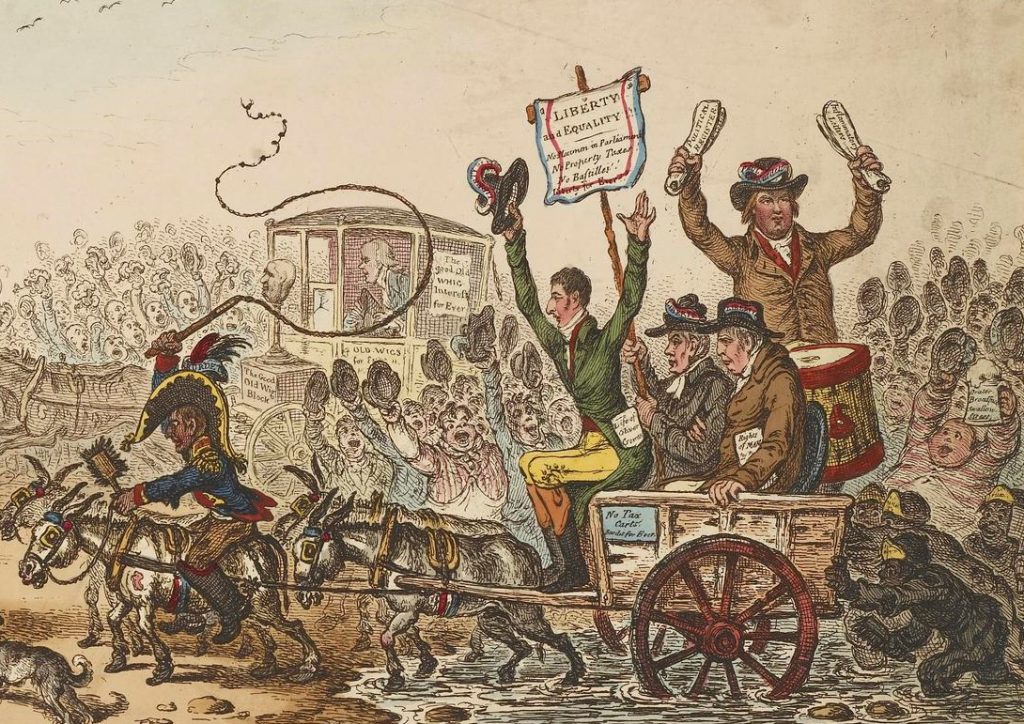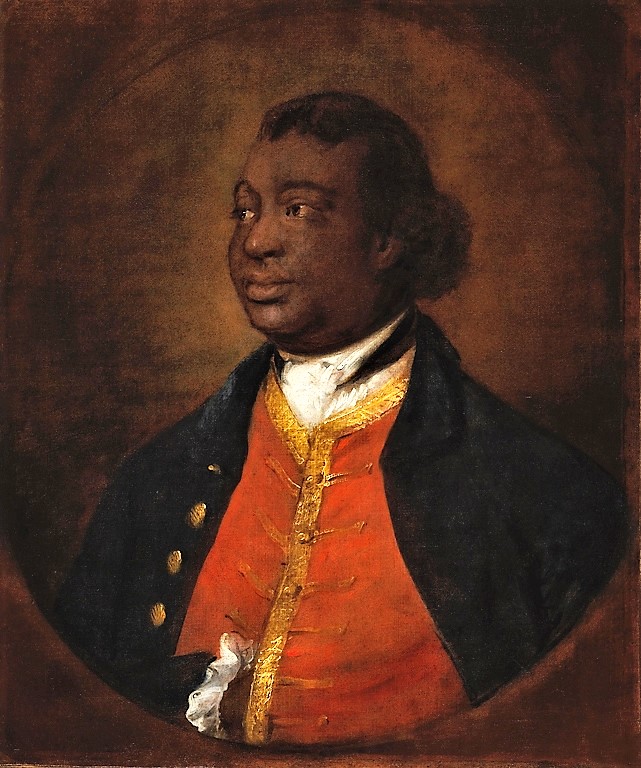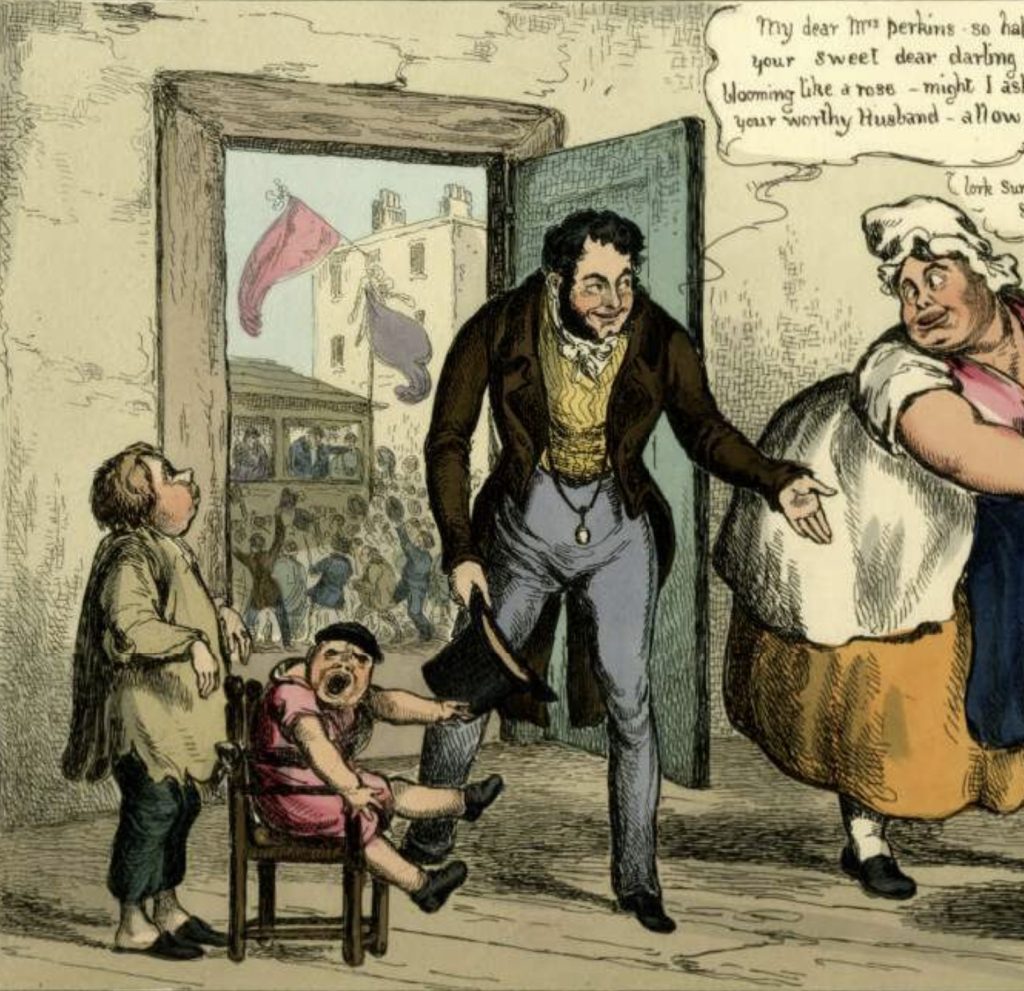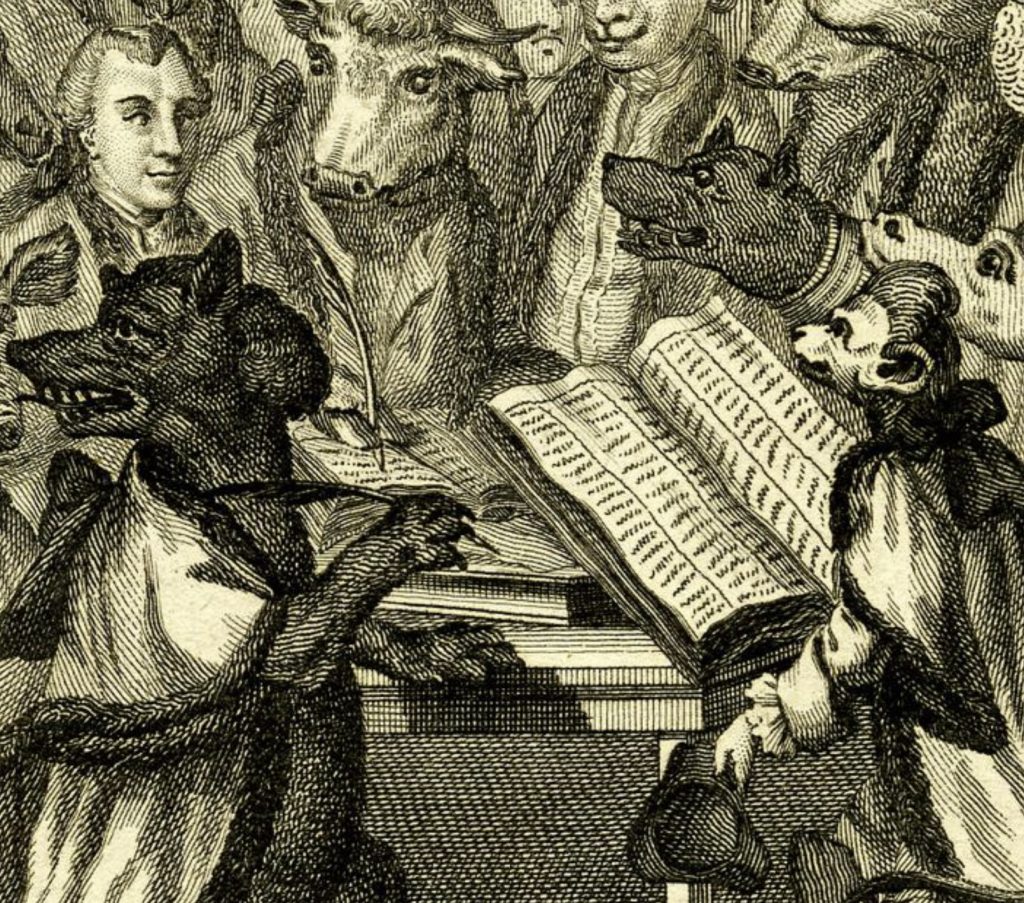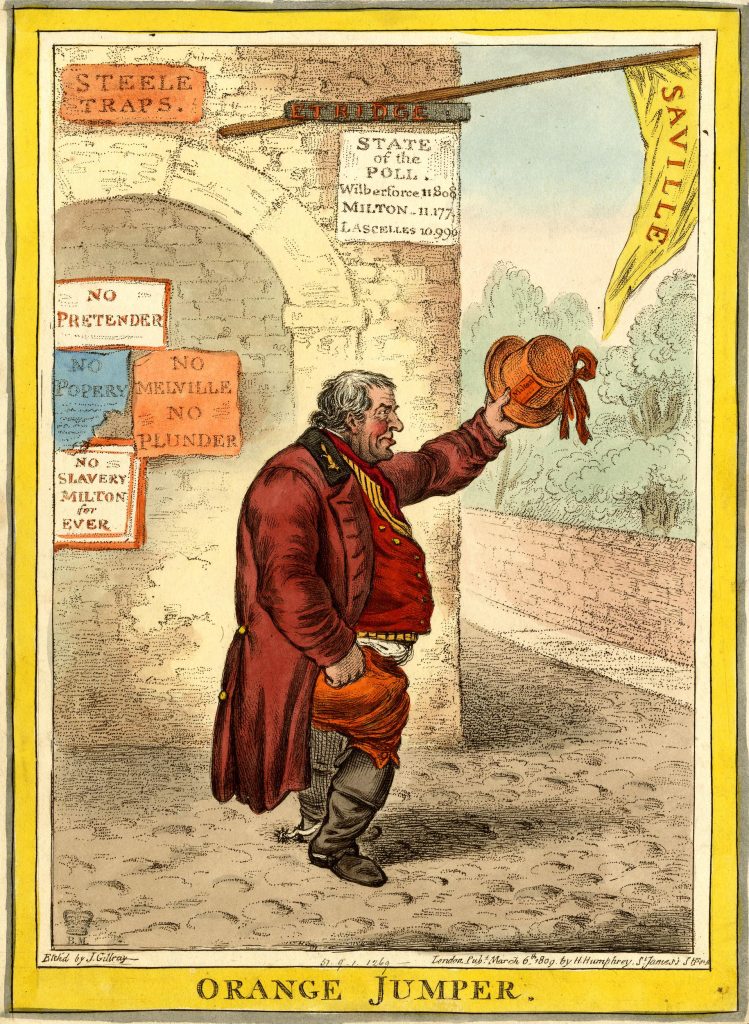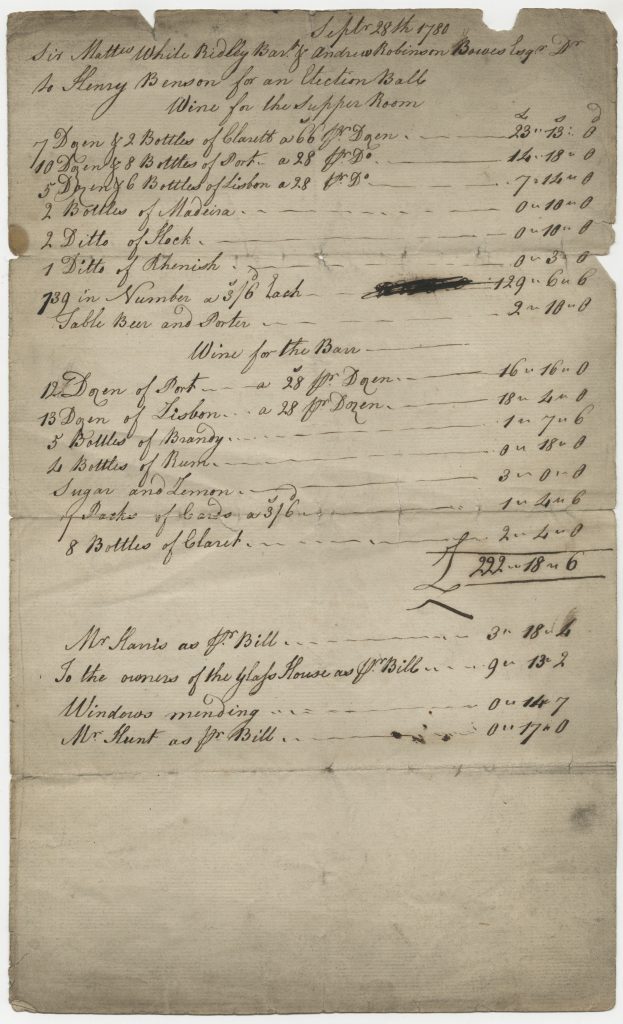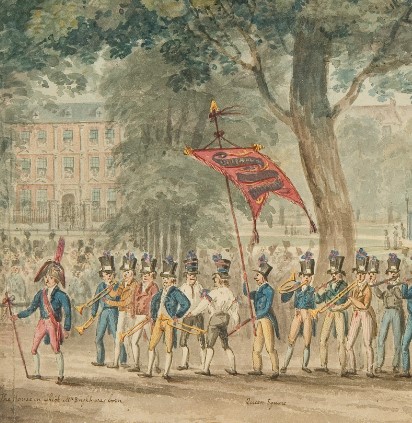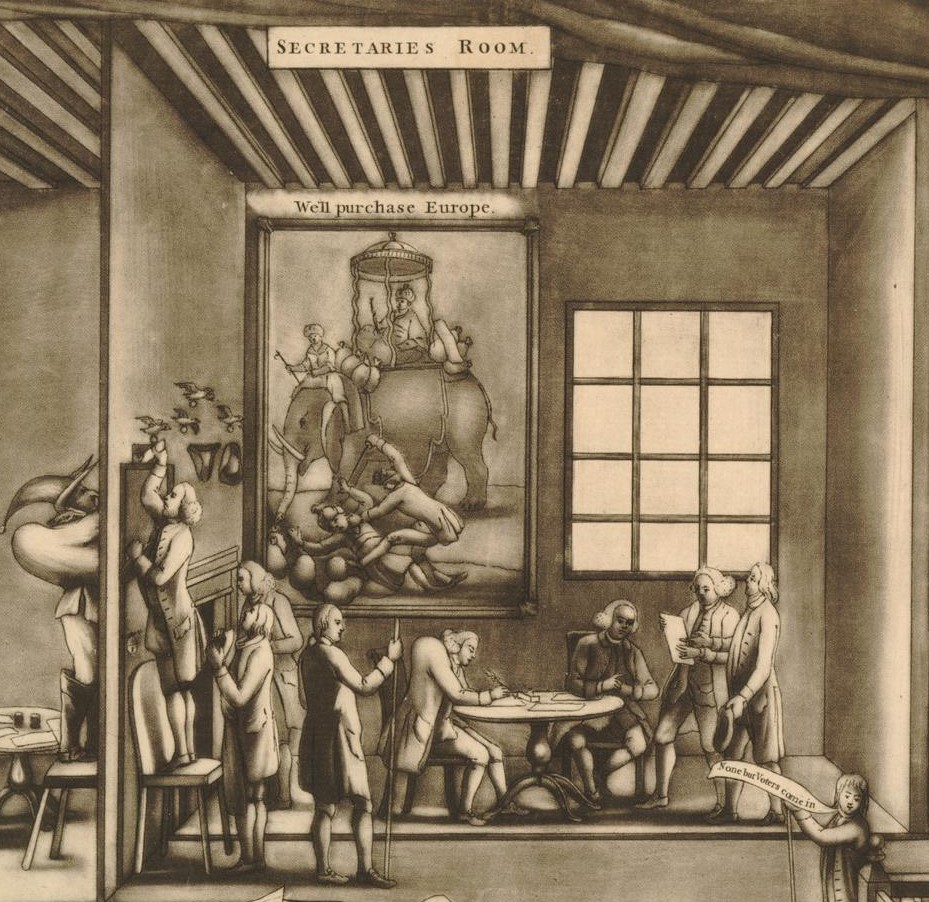An introduction to what happened at a typical eighteenth-century English election [15-minute read] Elections were a key component of a continual cycle of renewing and maintaining relationships between politicians and their constituents in the eighteenth century. The years between elections provided opportunities for politicians and political families to generate goodwill with their local communities through […]
Georgian Elections: the Basics
